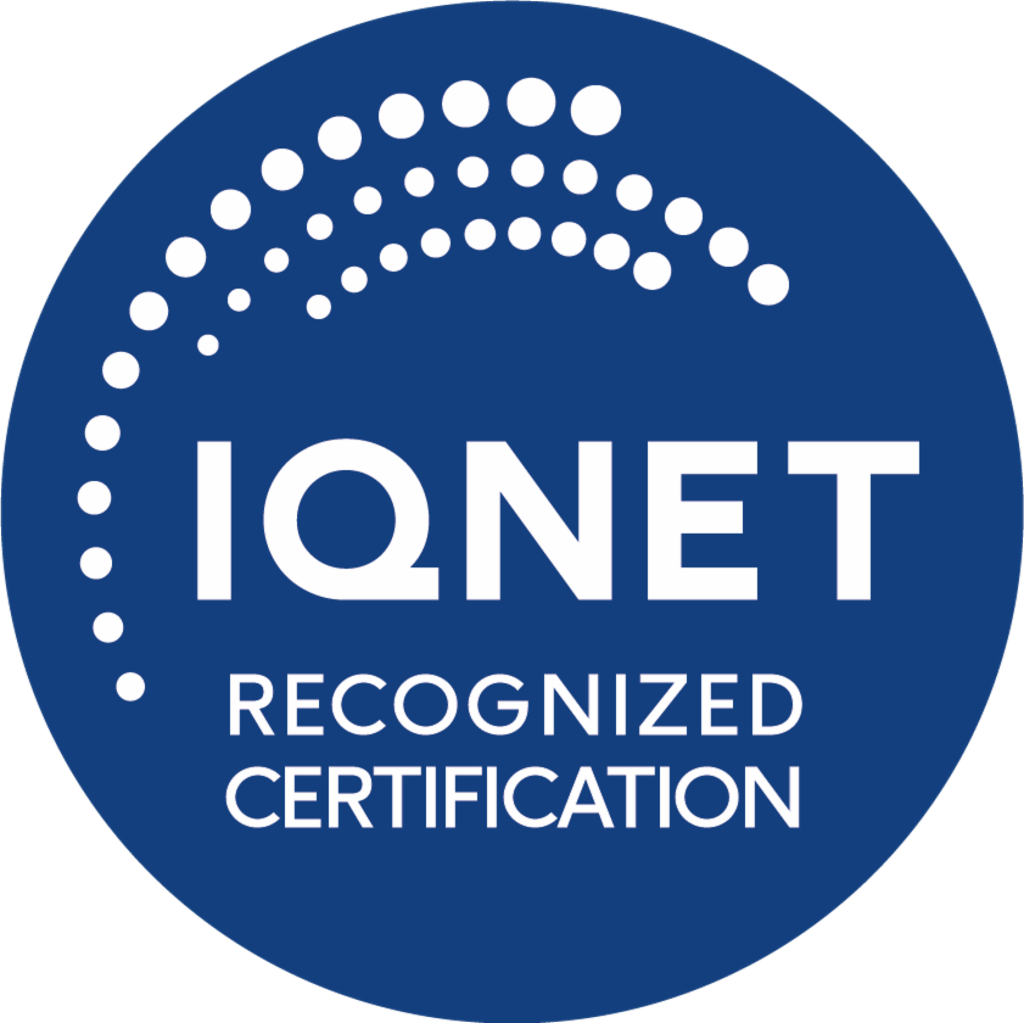Representative survey on data and its value in Europe, Russia and the USA.
Digital data have become a key economic asset. Companies collect, analyze and interpret data to optimize their business models. This is why the responsible handling of such data, and an appreciation of how valuable it is, are increasingly a topic of public debate: How do consumers feel about the disclosure of data and its value? Are they willing to sell personal information? And how do companies win the trust of consumers for the use of their data?
The representative international survey conducted by the EOS Group on the subject “What’s the value of data?” provides answers to these questions. The online poll was conducted in 17 countries in the spring of 2020 by Kantar, one of the world's leading market research institutes.
Digital trust as a challenge
The survey shows that consumers are basically willing to disclose personal data to trustworthy companies. And this is precisely where companies still have work to do, because many people do not trust them to handle their personal information responsibly. The greatest challenge for companies will therefore be to break down this mistrust through an appropriate and transparent use of data.
Trust ranking by sector
Apart from the uncertainty about how to systematically prevent the sharing of their data, the survey showed that the majority of users often feel compelled to disclose their details (Europe: 66%, USA 58%, Russia 81%). The fact that certain services can only be used in full by providing a lot of data reinforces the lack of trust in companies and explains the general skepticism that prevails.
There are also some sectors that have a clear edge when it comes to digital trust: Leading the field are banks (Europe: 54%, USA: 56%, Russia: 54%) and online payment providers (Europe: 46%, USA: 46%, Russia: 58%). Energy utilities also do relatively well (Europe: 39%, USA: 38%, Russia: 34%). The losers on the trust scale for digital data are telecommunications companies, online retailers, and right at the bottom, social media networks and messaging services (Europe: 14%, USA: 11%, Russia: 18%). There is still unexploited potential in these sectors in particular, and it remains to be seen which strategies these companies will employ to respond appropriately to the mistrust exhibited by their customers.
Data as currency
Every day we disclose a wealth of personal data: contact and personal details, information on our purchasing habits, account data or facts about our health. This data helps companies to better understand customers and their preferences and to respond to market trends, which is what makes it so valuable. According to the survey, the majority of respondents believe that they should be compensated for the use of their data. When asked about specific types of data, many respondents stated that they would even be prepared to sell certain kinds of data to trustworthy companies – but within limits.
Across all countries, the majority of consumers were in favor of receiving compensation to make their own data available to companies. The responses to the question of who had already taken up a “data for compensation” deal revealed differences between the various countries. The respondents expect companies to handle their personal information responsibly. If companies do this then there is often a good chance of a deal.
Great opportunities for companies to buy data
One in three consumers in Europe and the USA would enter into a “data for compensation” deal. In Russia this applied to as many as one in two. This figure increases significantly when it comes to the specific scenario of selling at least one item of personal information for money. 82 percent of Europeans, 75 percent of Americans and 90 percent of Russians said they were prepared to do this, but only on condition that the company processing the data is trustworthy.
Data on purchasing decisions or contact information are the most likely to be sold. In the case of health and fitness data, the willingness to sell starts to decline somewhat, while any disclosure of account and credit card data is seen as particularly critical. What is surprising is that in all the countries surveyed the sensitivity of various categories of data was ranked in a very similar way. However, when asked about whether they had already entered into a “data for compensation” deal, greater differences emerged between respondents from different countries.
Where are data deals already taking place?
Across all countries, around one in six consumers has already entered into a deal to share their data with a company for compensation. But there are definitely differences between countries: Consumers in Spain (26%) and Romania (24%) are more likely to participate in these kinds of arrangements, while deals like these still tend to be rejected in South-East European countries such as Slovenia (10%) or North Macedonia (7%).
What is interesting is that in some cases, the willingness of consumers to sell their data (one in three) actually exceeds the demand for it by companies, because to date, only around one in five consumers has been offered compensation for data. This means that there are good opportunities for companies to do business with consumers for their data, provided they can win their trust.
Conclusion: The digital environment as a leveler
Data are already a valuable asset and handling them properly is becoming increasingly important. The survey makes clear that consumers want to be compensated for disclosing their data and have clear ideas about which data they would or wouldn't sell to certain companies. The pressure to act to optimize this important business with data is therefore increasing in almost all sectors. The greatest challenge is to respond to the skepticism of consumers in an appropriate way, with respect and transparency, and in doing so win their digital trust. What is surprising is that across all countries there are hardly any differences with regard to both the level of trust and to people’s experiences and attitudes. Whether they reside in Europe, the USA or Russia, anyone active on the internet and using online services will find almost the same conditions wherever they are.
So it is up to the companies processing the data worldwide to introduce appropriate measures and invest in digital trust.
Download and service
Read more international studies and download the full data survey report here.






